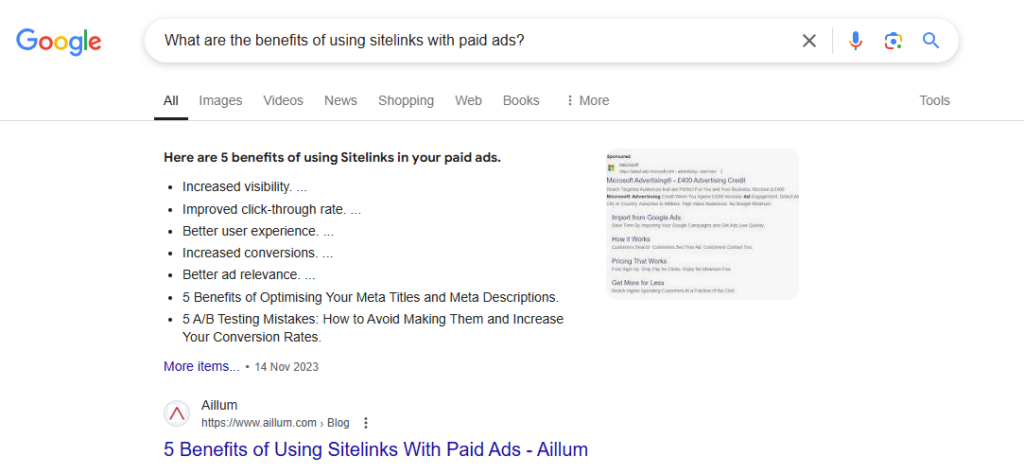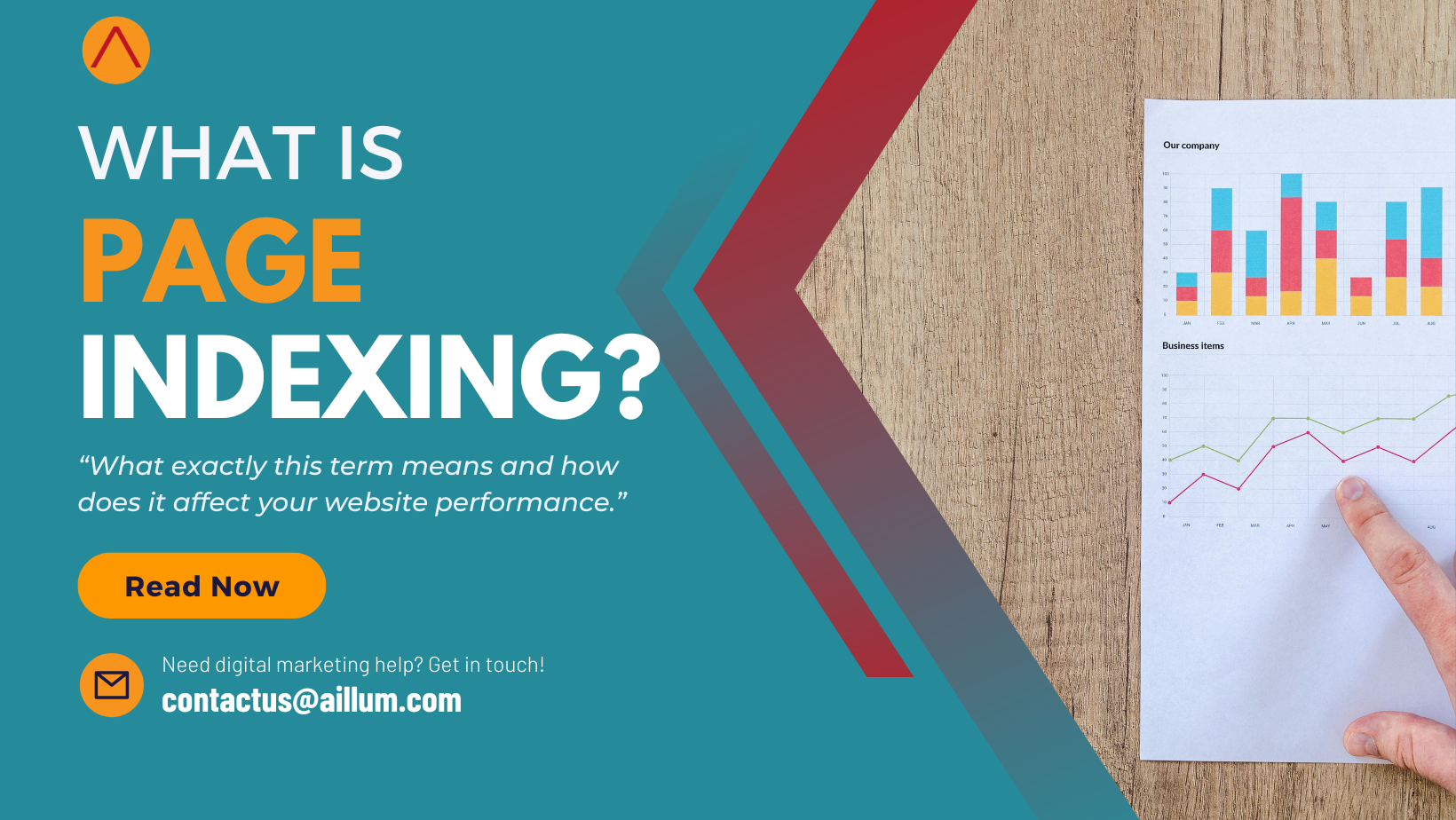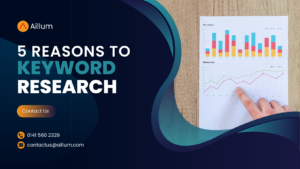In the world of SEO, page indexing is an important process used by search engines such as Google and Bing, involving a detailed scanning, analysis, and storage of web page information.
Through page indexing, search engines can build a database of web pages, making them accessible to users searching for relevant content when entering search queries. When a page is indexed, it is essentially recognised by the search engine and becomes eligible to appear in search engine results. If the pages of your website are not indexed, even the most well designed pages of your website will remain invisible to visitors and potential customers.
How Does Page Indexing Affect Website Performance?
Indexing is directly linked to website performance, particularly in terms of visibility and organic traffic. If search engines cannot index your pages, they won’t appear in search results, cutting off a significant source of organic traffic. Proper page indexing ensures that search engines can discover and display your content to users, thereby driving traffic and engagement.
A key factor in indexing is the structure of your website. A well-organised website makes it easier for search engines to crawl and index pages efficiently. Using clear, logical and meaningful URLs, along with a robust internal linking structure helps search engines understand the hierarchy and relevance of your content. This helps provide search engines with additional context when delivering pages of your website to users through search results. Additionally, XML sitemaps play a crucial role in maintaining your website, providing search engines with a map of all the pages on your site, ensuring none are overlooked during the indexing process.
What Impact Does Page Indexing Have on Organic Traffic?
Organic traffic refers to visitors who find your site through unpaid search results. Unlike paid ads, there is no specific targeting for organic traffic, so proper page indexing is crucial for capturing this traffic and directing visitors to your website. When your pages are indexed, they are visible to users searching for related topics, which can significantly increase the flow of visitors to your website.
For example, if you have a blog post on “5 Benefits of Using Sitelinks With Paid Ads” indexing ensures that it appears in search results when users query similar terms.

Additionally, indexed pages that are optimised with relevant keywords and high-quality content tend to attract more clicks. This search engine optimisation (SEO) includes not just the use of keywords but also the overall user experience, including site speed, mobile-friendliness, and relevant, engaging content. All these factors contribute to higher organic traffic as they enhance the likelihood of your pages being displayed prominently in search results.
What Effect Does Page Indexing Have on Search Rankings?
Indexed pages on your website are ranked based on their relevance, quality, and other SEO factors compared to other pages on similar topics. The better optimised your indexed pages are, the higher they are likely to rank. High-ranking pages are more visible, leading to increased organic traffic and more relevant visitors.
Many search engines use complex algorithms to determine rankings, considering factors like keyword relevance, backlinks, content quality, and user engagement. Indexed pages that meet these criteria have a better chance of appearing at the top of search results. Along with this, regularly updated content, such as regular blog posts, new service pages and news articles, signals to search engines that your site is both active and relevant, which can positively impact rankings.
Deciding When to Exclude Pages from Indexing
Although page indexing can generally enhance your website’s visibility, there are circumstances where it is more advantageous to exclude certain pages from search results. Pages such as “Thank You” pages following a purchase or signup, internal team pages, account pages (after logging in, for example) or development staging pages don’t need to be indexed. These pages add minimal value to potential visitors and may even detract from the significance of your primary content.
Likewise, pages with sparse content or duplicate information found elsewhere on your site should be kept from being indexed. This helps prevent search engines from perceiving your site as having low-quality or redundant information. By being selective about which pages to index, you ensure that visitors land on pages that are informative, relevant, and contribute positively to the impression of your website.
Conclusion
Overall, page indexing is a foundational element of SEO that affects your website’s visibility, performance, and ability to attract organic traffic. Ensuring your pages are properly indexed involves both technical and content-related strategies, all aimed at making your site accessible and appealing to both search engines and potential customers. By understanding and optimising for page indexing, you lay the groundwork for better search performance and a stronger digital presence for your online business.
Interested in getting your own website’s search engine optimisation audited? Check out our website audit service or get in touch with us directly.



